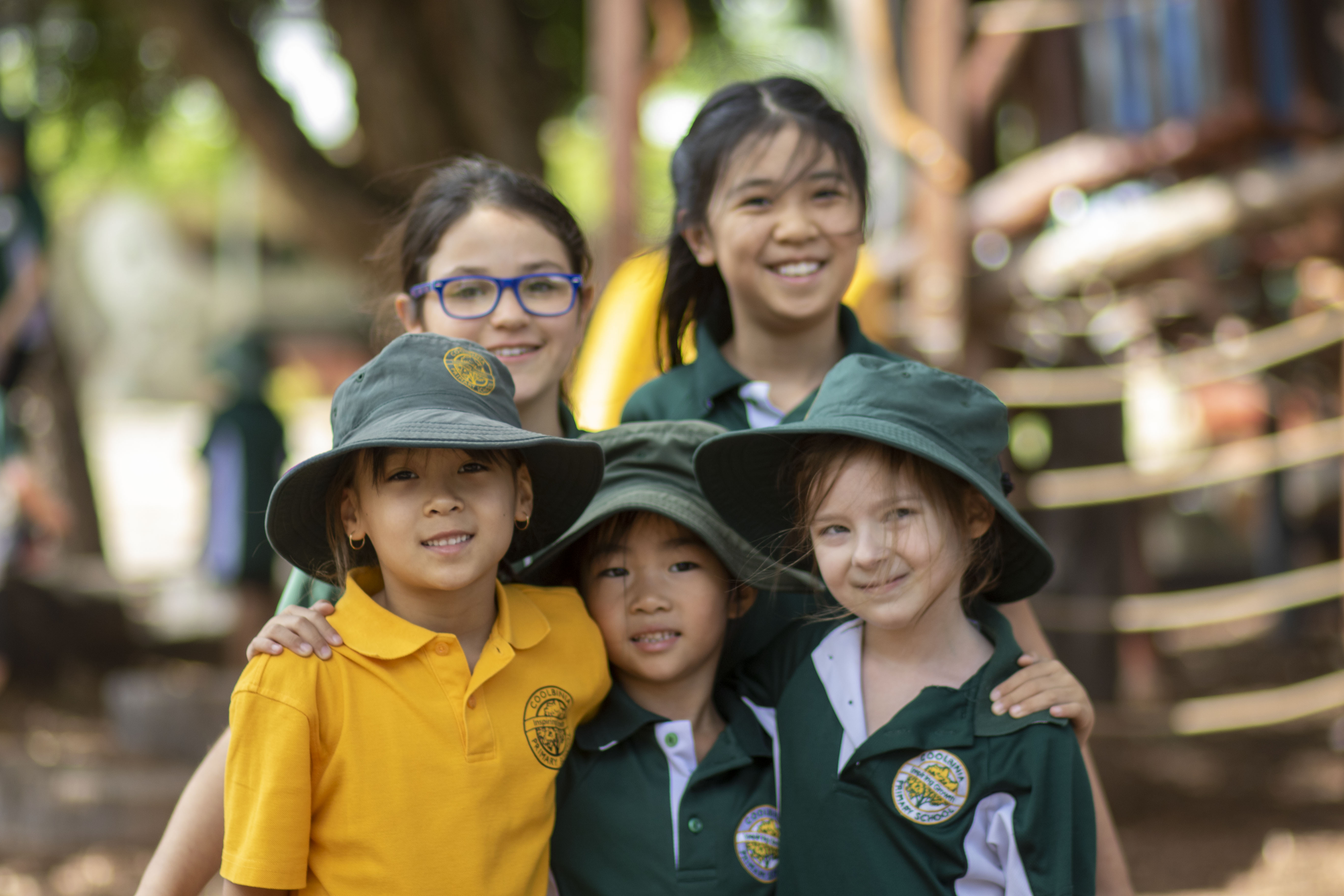Overview
Alignment with Be You Domains
-
Mentally Healthy Communities
-
Family Partnerships
-
Learning Resilience
-
Early Support
-
Responding Together
Alignment with Australian Curriculum
- Health and PE
Target audience
- Primary school
- Secondary school
Target groups
- Small group
Aims
Seasons for Growth aims to support connection with others going through similar circumstances, helping to foster emotional literacy and resilience as a pathway to improved social and emotional wellbeing. It aims to provide a safe learning environment for children and young people to: Acknowledge their experiences and recognise they are "not the only one"; Understand that their feelings and other behavioural reactions are normal; Develop skills for coping, positive choices, goal setting and decision making; Build a peer support network and a felt sense of belonging and connection; Help restore self-confidence and self-esteem.Program theory
Seasons for Growth is grounded in J. William Worden’s theory of grief, the principles of recognition and wellbeing, and Childhood Studies.Topics
Seasons for Growth provides the support and space for children and young people to: Learn about how different people respond to change, loss and grief; Understand that it is normal to experience a range of grief reactions; Explore new approaches to dealing with change, loss and grief in their lives; Build communication, decision making and problem-solving skills; Participate in a supportive network of peers and adults; Integrate their new learning into their relationships with family, friends and others.Cost
Program structure
Seasons for Growth is a small group program of 4-7 participants. It’s run over eight formal sessions, plus a celebration and optional reconnector session. The small groups are in-person and facilitated by a trained companion and tailored to participant age. Level 1 (6 - 8 years): 40 min sessions; Level 2 (9 -10 years): 40 min sessions; Level 3 (11-12 years): 45 min sessions; Level 4 (13-18 years): 50 min sessions.Instructor
- External facilitator
- Psychologist
- Educator
- Wellbeing leader
Instructor training
The program training is 12 hours over 2 days - online or face to face. The training provides attendees with detailed, theoretical, evidence-based content. The training is accessible and interactive. Once trained, facilitators are called "Companions" as the role emphasises the importance of balancing the subject matter expertise of the facilitator with the program learning experience, based on conversations with and between the children and young people.Supporting resources or materials available with program
- Manual
- Workbook
Other materials
Each trained Companion (facilitator/instructor) receives a Program Manual and a sample pack of children’s journals for reference.Ongoing support
The following free additional support for trained Companions is provided: Online and telephone support can be accessed 5 days per week; Monthly online follow-up (Community of Practice); Additional online trainer led professional development sessions to continue building their knowledge and understanding of grief and loss; Access to a Companion portal with additional practical resources for running their groups and a quarterly newsletter featuring the latest research, evidence, relevant articles, and stories; Access to an Online support group for Companions (Seasons Online Community).Parent involvement
- Attend information sessions
- Follow-up information provided after program
- Written information provided to parents
- Online resources
Origin of program
Australia
Mackillop Family Services - Mackillop Seasons
Program authors
Professor Anne Graham
- 14 Rodborough Road, Unit 11,Frenchs Forest NSW 2086 Australia
Ratings
Summary of evidence factors
This is a summary of the evaluation or research study characteristics that contribute to the program’s evidence rating.
|
Positive impact on at least one outcome for children and/or young people?
The study reported positive outcomes. |
Yes |
|---|---|
|
Link between program description and theory of change
Theory of change refers to whether there was a comprehensive description and illustration of how and why a desired change is expected to happen in a particular context. |
Comprehensive |
|
Study design
Type of study design reported. |
Pre-post cohort |
|
Independence
The degree to which the program authors were involved in the research. |
Completely |
Summary of implementation factors
This is a summary of the program’s characteristics that contribute to its implementation rating.
|
Feedback sought from participants
Participants enjoyed the program and understood its benefits. |
Yes |
|---|---|
|
Feedback sought from instructors
Instructors enjoyed the program and understood its benefits. |
Yes |
|
Groups program is not suitable for
Groups the program wouldn't be suitable for or that required further research to determine suitability. |
Not assessed |
|
Training provided during study
The model of training provided. |
Face to face, all instructors, in person |
|
Ongoing instructor support provided during study
Whether ongoing support is provided. |
Yes |
Context
This is a summary of the context in which the evidence for the program was established.
|
Study Participants
Pre school, primary school (Foundation to Year 6), secondary school (Years 7 to 12). |
Primary school Secondary school |
|---|---|
|
Country of Study/s
The location in which the evidence or research was conducted. |
Australia |
|
Location of Study/s in Australia
The state (or states) the program was assessed in Australia. |
VIC NSW |
|
Evaluation of program in culturally and linguistically diverse populations
Provider has included culturally and linguistically diverse people when assessing the program. |
No |
|
Evaluation of program in Aboriginal and Torres Strait Islander children and young people
Provider has included Aboriginal and Torres Strait Islander peoples when assessing the program. |
No |
|
Evaluation of program in low socioeconomic groups
Program has evaluated a diverse socio-economic population in their research. |
No |
|
Developmental based adaptations to program design and delivery
Shorter sessions for younger students or activities are adjusted for age appropriateness. |
No |
|
Evaluation of program in children and young people with disability and/or learning difference
Provider has included participants with a disability or learning difference when assessing the program. |
Yes |
Last updated: 2 October 2025
